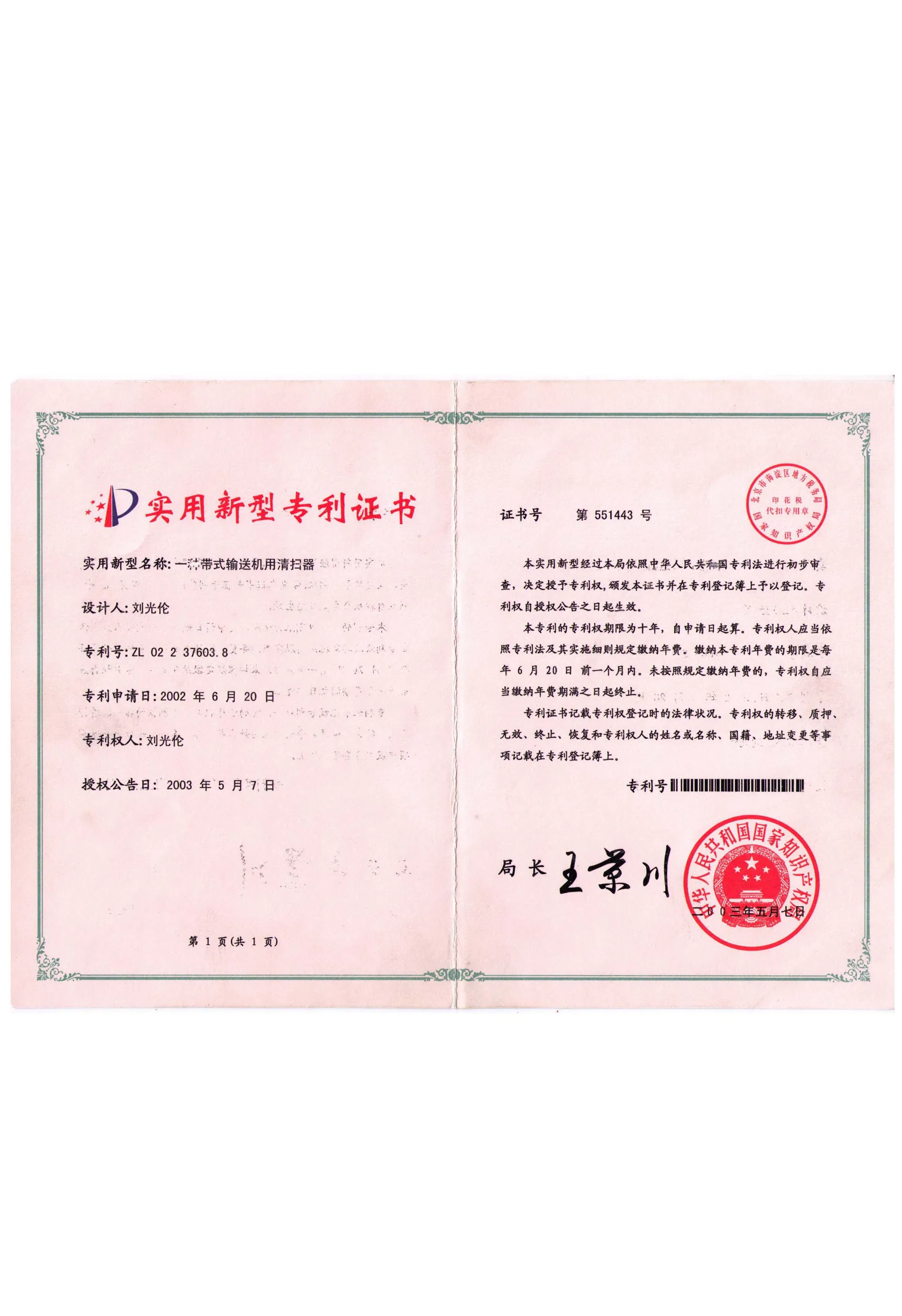 Afrikaans
Afrikaans  Albanian
Albanian  Amharic
Amharic  Arabic
Arabic  Armenian
Armenian  Azerbaijani
Azerbaijani  Basque
Basque  Belarusian
Belarusian  Bengali
Bengali  Bosnian
Bosnian  Bulgarian
Bulgarian  Catalan
Catalan  Cebuano
Cebuano  Corsican
Corsican  Croatian
Croatian  Czech
Czech  Danish
Danish  Dutch
Dutch  English
English  Esperanto
Esperanto  Estonian
Estonian  Finnish
Finnish  French
French  Frisian
Frisian  Galician
Galician  Georgian
Georgian  German
German  Greek
Greek  Gujarati
Gujarati  Haitian Creole
Haitian Creole  hausa
hausa  hawaiian
hawaiian  Hebrew
Hebrew  Hindi
Hindi  Miao
Miao  Hungarian
Hungarian  Icelandic
Icelandic  igbo
igbo  Indonesian
Indonesian  irish
irish  Italian
Italian  Japanese
Japanese  Javanese
Javanese  Kannada
Kannada  kazakh
kazakh  Khmer
Khmer  Rwandese
Rwandese  Korean
Korean  Kurdish
Kurdish  Kyrgyz
Kyrgyz  Lao
Lao  Latin
Latin  Latvian
Latvian  Lithuanian
Lithuanian  Luxembourgish
Luxembourgish  Macedonian
Macedonian  Malgashi
Malgashi  Malay
Malay  Malayalam
Malayalam  Maltese
Maltese  Maori
Maori  Marathi
Marathi  Mongolian
Mongolian  Myanmar
Myanmar  Nepali
Nepali  Norwegian
Norwegian  Norwegian
Norwegian  Occitan
Occitan  Pashto
Pashto  Persian
Persian  Polish
Polish  Portuguese
Portuguese  Punjabi
Punjabi  Romanian
Romanian  Russian
Russian  Samoan
Samoan  Scottish Gaelic
Scottish Gaelic  Serbian
Serbian  Sesotho
Sesotho  Shona
Shona  Sindhi
Sindhi  Sinhala
Sinhala  Slovak
Slovak  Slovenian
Slovenian  Somali
Somali  Spanish
Spanish  Sundanese
Sundanese  Swahili
Swahili  Swedish
Swedish  Tagalog
Tagalog  Tajik
Tajik  Tamil
Tamil  Tatar
Tatar  Telugu
Telugu  Thai
Thai  Turkish
Turkish  Turkmen
Turkmen  Ukrainian
Ukrainian  Urdu
Urdu  Uighur
Uighur  Uzbek
Uzbek  Vietnamese
Vietnamese  Welsh
Welsh  Bantu
Bantu  Yiddish
Yiddish  Yoruba
Yoruba  Zulu
Zulu conveyor cleaner
The Importance of Conveyor Cleaners in Industrial Settings
In the fast-paced world of manufacturing and logistics, efficient operations are paramount for success. One often-overlooked aspect of maintaining optimal productivity is the cleanliness of conveyor systems. Conveyor cleaners play a crucial role in ensuring that these systems operate smoothly and efficiently. This article delves into the significance of conveyor cleaners, the various types available, and best practices for their maintenance and use.
Understanding Conveyor Systems
Conveyor systems are integral to numerous industries, including food processing, pharmaceuticals, and logistics. They transport materials and products from one place to another, significantly reducing manual labor and enhancing speed. However, these systems are prone to issues caused by dust, debris, and product remnants that can accumulate over time. Such accumulations can lead to mechanical failures, inefficiencies, and even safety hazards. Thus, maintaining a clean conveyor system is not just about aesthetics; it’s a critical part of operational efficiency and safety.
Why Conveyor Cleaners Are Essential
1. Improving Safety Dirty conveyors can pose serious safety risks. Slips, trips, and falls can occur due to debris on or around the conveyors. Moreover, excessive build-up can lead to equipment malfunction, potentially injuring employees. Regular cleaning with appropriate conveyor cleaners helps mitigate these risks.
2. Enhancing Efficiency A clean conveyor operates more efficiently. Dust and debris can hinder the movement of materials, causing delays and increasing the risk of mechanical failure. By using conveyor cleaners, companies can ensure that operations run smoothly, reducing downtime and maintenance costs.
3. Ensuring Product Integrity In industries like food and pharmaceuticals, cleanliness is paramount. Contaminants can affect product quality and safety, leading to potential recalls and financial losses. Conveyor cleaners help maintain the integrity of products by minimizing the risk of contamination during production and transportation.
4. Extending Equipment Lifespan Regular cleaning of conveyor systems helps prevent wear and tear. Dirt and debris can cause abrasion and other forms of damage, shortening the lifespan of the equipment. Using conveyor cleaners helps keep systems in prime condition, saving on replacement costs.
Types of Conveyor Cleaners
There are various types of conveyor cleaners, each suited for different applications and needs
conveyor cleaner

1. Mechanical Cleaners These devices physical remove debris using brushes, scrapers, or other mechanisms. Mechanical cleaners are effective for heavy-duty applications where bulk material handling occurs.
2. Chemical Cleaners These are specialized cleaning agents designed for specific applications, such as food-grade areas. Chemical cleaners help dissolve grease, oil, and other residues that mechanical cleaners may not remove as effectively.
3. Vacuum Systems Integrated vacuum systems can be used in conjunction with conveyors to suck away debris in real-time, providing continuous cleanliness without interrupting operations.
4. Automated Cleaners Recent advancements in technology have led to the creation of automated conveyor cleaning systems that require minimal manual intervention. These systems can be programmed to clean at regular intervals, ensuring that maintenance is a continuous process.
Best Practices for Conveyor Cleaning
1. Regular Inspection Conduct routine inspections of the conveyor system to identify areas where dirt and debris accumulate. This allows for timely cleaning actions before major issues develop.
2. Choose the Right Cleaner Selecting the appropriate conveyor cleaner is critical. Consider factors like the type of material being transported, the environment, and safety concerns. Always opt for cleaners that comply with industry safety and health regulations.
3. Employee Training Ensure that employees are trained in the proper use of conveyor cleaners. They should understand the importance of cleanliness and how to effectively use cleaning equipment.
4. Scheduled Maintenance Establish a regular cleaning schedule that aligns with operational demands. Consistent maintenance prevents excessive build-up and prolongs the lifespan of the conveyor.
Conclusion
In conclusion, conveyor cleaners are essential for maintaining the efficiency, safety, and effectiveness of conveyor systems in various industrial settings. By recognizing their importance and implementing best practices, companies can enhance operational performance and protect both their equipment and their workforce. A clean conveyor system is not merely a requirement; it is a fundamental aspect of successful industrial operations.
-
Revolutionizing Conveyor Reliability with Advanced Rubber Lagging PulleysNewsJul.22,2025
-
Powering Precision and Durability with Expert Manufacturers of Conveyor ComponentsNewsJul.22,2025
-
Optimizing Conveyor Systems with Advanced Conveyor AccessoriesNewsJul.22,2025
-
Maximize Conveyor Efficiency with Quality Conveyor Idler PulleysNewsJul.22,2025
-
Future-Proof Your Conveyor System with High-Performance Polyurethane RollerNewsJul.22,2025
-
Driving Efficiency Forward with Quality Idlers and RollersNewsJul.22,2025





























